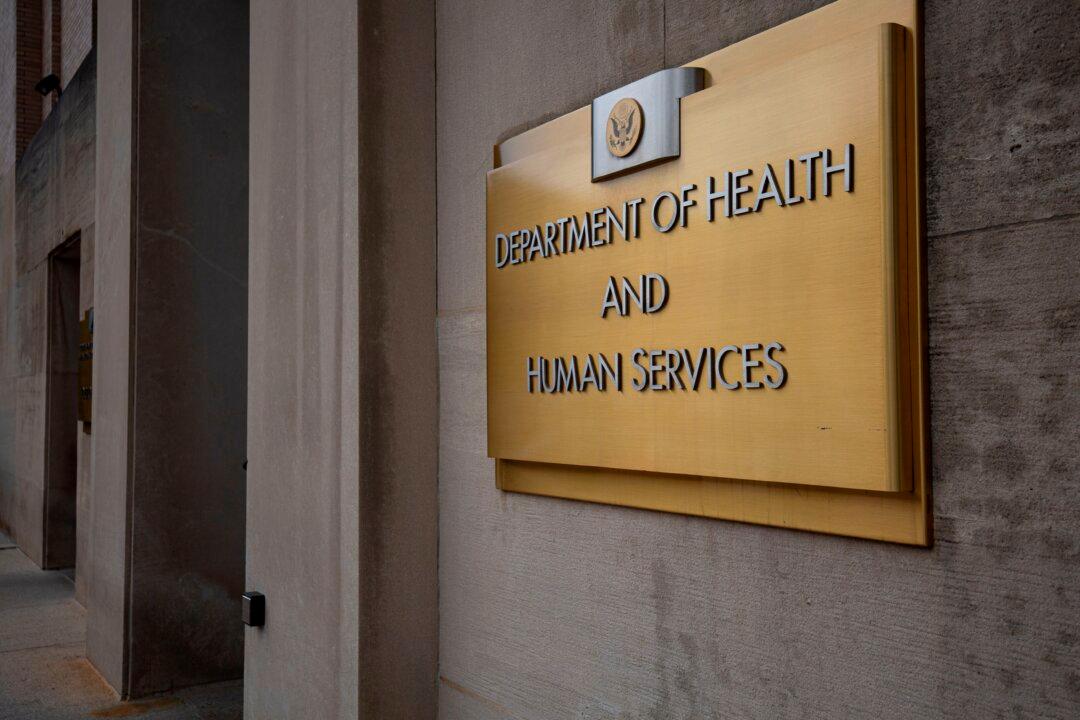Millions of U.S. citizens who enrolled in the Medicaid insurance program during the COVID-19 pandemic could soon lose their coverage due to the passage of the $1.7 trillion omnibus spending bill.
Back in January 2020, the Trump administration declared a public health emergency (PHE) that has been renewed every 90 days since. The Families First Coronavirus Response Act (FFCRA) was signed into law in March 2020 prohibiting states from removing Medicaid recipients from the program as long as the PHE is in effect, thereby ensuring that Americans have access to continuous medical coverage during the pandemic.





